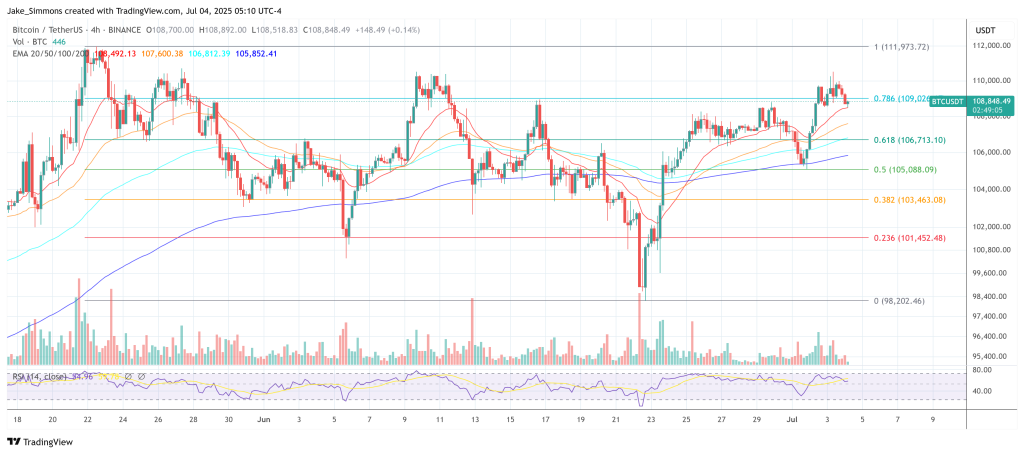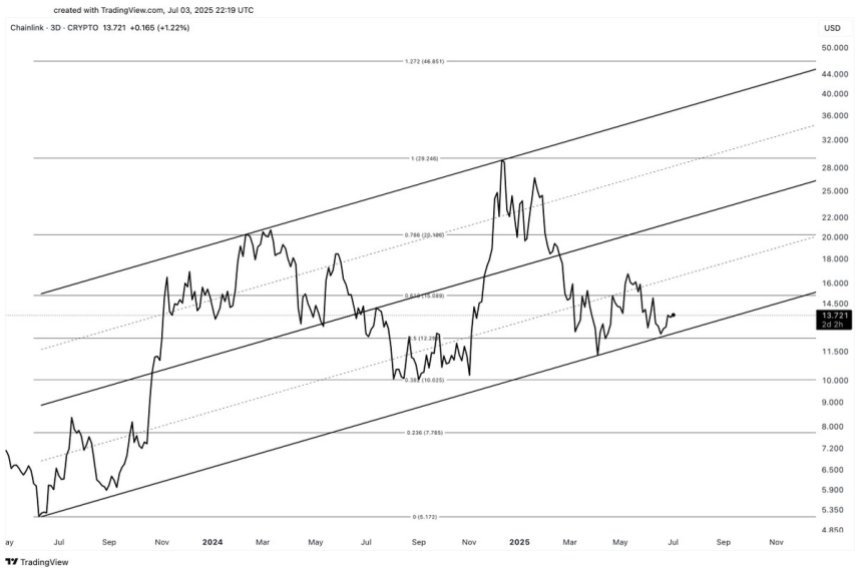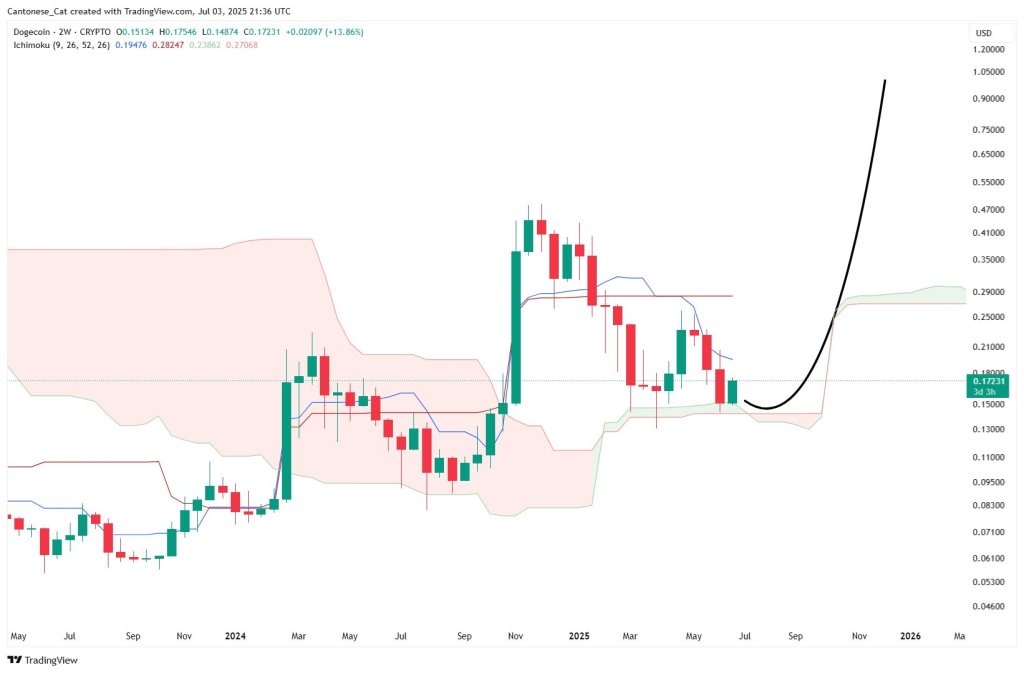
India has always been right at the top in terms of software programmers and developers for many. This streak of excellence has extended to experts of blockchain technology. According to a market analysis conducted by London-based blockchain consulting firm, Dappros, the number of blockchain developers in India (which is also one of the top-most diamond hubs) is rising. The country has earned second place on the list, beating the UK, Canada, and France, preceded only by the United States, the highest-ranking nation on the list. It is estimated (although based on open sources) that there are 12,509 developers in the country, 2,381 of who work with Ethereum, 1,432 with Solidity, 19,627 with Blockchain, and 1,579 with Hyperledger.
A Quick History of Cryptocurrency in India:
The matter of cryptocurrencies has not been without controversies in India, which perhaps held back the industry from flourishing in the domestic scene. The easing of the government’s stand on the issue, which had previously been inconsistent and sometimes even aggressive, is steadily changing the situation.
In April 2018, the Reserve Bank of India (RBI) obstructed all regulated financial entities ad banks from allowing cryptocurrency-related transactions. Even though this was not a ban per se, the stern policy was met with opposition immediately. In the month following that, a study revealed that only 5000 or so of the approximately two million developers had the skills that could apply to cryptocurrency and blockchain projects. Although this number appeared discouraging, the study additionally suggested that 10,000 more had the knowledge that could make training them easy, while the training required by another 30,000 would be more rigorous.
In July 2018, the Law Commission of India recognized virtual currencies as a valid electronic payment category applicable to online gambling. The Indian government may legalize cryptocurrencies, but not in the absence of stringent terms and conditions. In November of the same year, India’s government announced the formation of a panel to draw up a set of regulations for cryptocurrencies and submitted its report to the finance minister. The panel suggested, “a new sovereign backed virtual or cryptocurrency may be proposed considering global circumstances; probably at a later stage.” In early March 2019, India’s government intimated to the supreme court the crypto regulations had reached the final stages of deliberations.
Implications of The Surge in The Number of Blockchain Developers in India:
Many software developers adept at blockchain technology give India an advantage over other countries in terms of developing applications built on Blockchain or upgrading existing applications using the technology. This could potentially revolutionize how certain industries function, especially those dependent on supply chain management, such as the diamond industry, automobile manufacturer, pharmaceutical industry, and the shipping industry, for starters. The other major area that blockchain could disrupt is the trade finance sector.
What Makes Blockchain Such a Hit?
Blockchain’s popularity is attributed to the decentralized and distributed nature that makes it reliable, primarily by not concentrating power at any control point. The digital ledger that blockchain constitutes is spread across multiple nodes, and a majority of those must validate each transaction before it is added permanently to the blockchain. Since it is protected by very complex encryption, hacking into this ledger is also extremely difficult. The reliability of data n the blockchain is augmented because pre-programmed computer protocols and smart contracts validate each transaction within the blockchain network.
Since each transaction is validated at every stage of the process and its receipt stored in an immutable environment, tracking items along a supply chain becomes hassle-free. This advantage has poised blockchain to become the core operating system in the diamond industry. Payments made using cryptocurrency more transparent than traditional modes of payment using fiat currency. Fraud, which often mars the diamond industry, is consequently mitigated.
Moreover, tokenization of businesses increases their liquidity in the market can; these crypto coins can even be traded on exchanges if they meet certain regulations set out by their respective governments.
Challenges Ahead:
Despite the huge expansion in the implementation and exploration of blockchain technology, there are yet several obstructions in the path of it achieving its full potential. According to a PwC report, most enterprises and organizations that have involved blockchain to any extent believe that the uncertainty of regulations is a hurdle for wider adoption of blockchain.
These enterprises also site the deficiency of trust in users and the difficulty to bring the network together as the two barriers that need rectification next in the few years to follow.
Whatever be the roadblocks the innovation is facing in India, they are all the kind that can be eradicated, steadily but slowly, by proper education on the subject.





